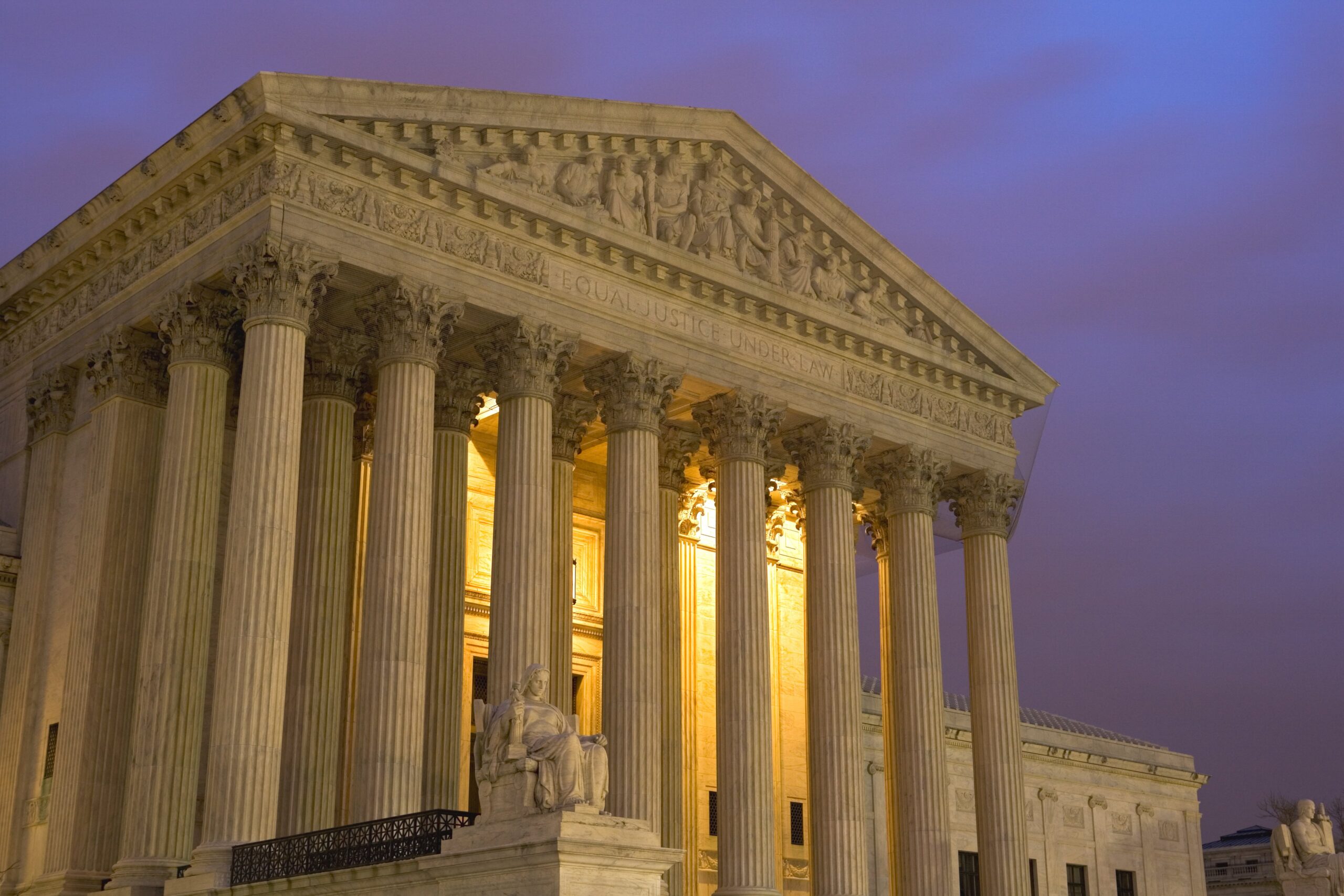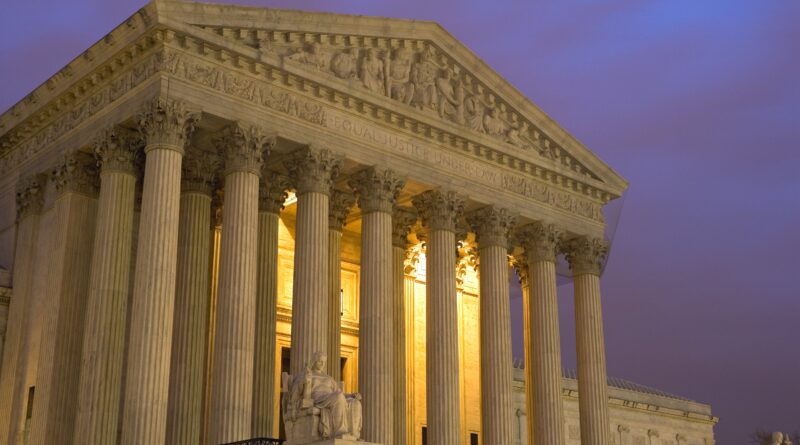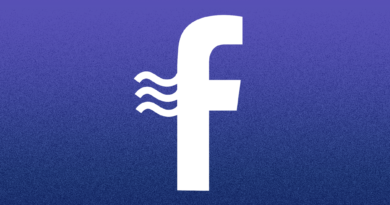Can the government regulate what you say on Facebook?

The Supreme Court is trying to decide how far the First Amendment reaches when it comes to social media.
On Monday, the nine justices heard a pair of cases that question if states can force social media platforms to abide by censorship rules — even when the platforms deem those posts hateful or otherwise objectionable. Here’s what we know.
Which cases did the Supreme Court hear?
A relatively recent pair of laws in Texas and Florida were passed in the wake of the Jan. 6 attack on the U.S. Capitol. The laws argued that social media companies were censoring conservative users on their platforms and limited the avenues that social media companies can take concerning moderating content on the site.
“Freedom of speech is under attack in Texas,” Texas Republican Gov. Greg Abbott said when he signed the bill into law in 2021. “There is a dangerous movement by some social media companies to silence conservative ideas and values. This is wrong and we will not allow it in Texas.”
Two trade groups representing social media platforms have challenged the laws, from an appeals court up to the Supreme Court. Neither state is allowed to fully enforce the law yet, but it all depends on how the Supreme Court eventually rules.
“There is nothing more Orwellian than the government trying to dictate what viewpoints are distributed in the name of free expression,” Matt Schruers, the president of the Computer & Communications Industry Association, a trade group for social media companies, told NPR. “And that’s what’s at issue in this case.”
Schruers said that these social media companies need to have “guidelines and terms of use to make sure that a community isn’t polluted.” Without being able to do their own content moderation, the industry argues, social media sites will be forced to publish more misinformation, disinformation, and hate speech, allowing more sinister activity can take place online. “And that’s everything from posting dog pictures in the cat forum to barbeque in the vegan forum to far more serious things like trying to groom children in a children’s site.”
Why is this so important?
Some legal experts argue that this is the most important First Amendment case in this generation. As Chief Justice John Roberts said during the hours-long arguments, “I wonder, since we’re talking about the First Amendment, whether our first concern should be with the state regulating what, you know, we have called the modern public square?”
Basically, the judges are deciding whether the government should tell social media companies what they can or can not put on their platforms, or if social media companies are responsible for that alone.
“Just as the government couldn’t force Benjamin Franklin to publish its preferred messages in his newspapers, Florida and Texas can’t force websites to curate, display, and spread their preferred content,” Chris Marchese, Director of the NetChoice Litigation Center, said in a press release. “The First Amendment protects us and our speech from government encroachment — not the other way around. We are confident the Supreme Court will agree.”
The state argues that social media platforms are actually currently censoring users — and that is a First Amendment violation on its own.
“The platforms do not have a First Amendment right to apply their censorship policies in an inconsistent manner and to censor and deplatform certain users,” Florida Solicitor General Henry Whitaker told the justices Monday, according to NPR.
The justices are going to help categorize social media, which is a lot more difficult than it sounds. Is Facebook basically like a phone company, where no one gets filtered or censored? Or is it a newspaper, where information is curated and edited and rely on the protection of the First Amendment? Or, as Justice Alito said, is it neither?
In short: This Supreme Court ruling could decide the fate of free speech on the internet as we know it.
Which social media platforms does this cover?
That’s kind of confusing, and even the justices aren’t sure. It seems like it definitely covers sites like Facebook, Instagram, Reddit, and X — but what about Uber or Venmo? We don’t really know, but the Supreme Court will likely rule on the biggest social media platforms.
When will the Court give their answers?
The Supreme Court typically hands down their decision over the summer, before the last day of the Court’s term. They could rule earlier, but don’t hold your breath.

